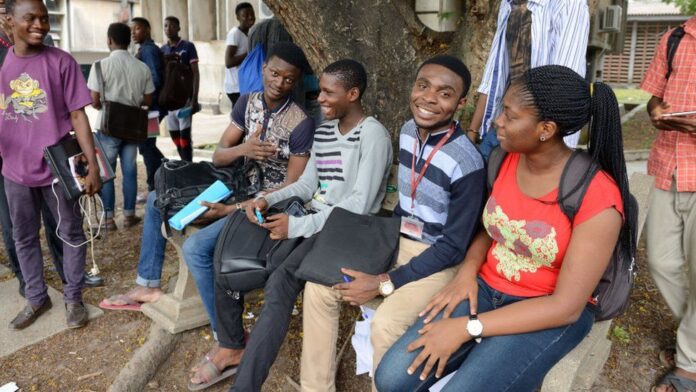Gone are the days, children were often regarded as valuable assets, leading to the prevalent practice of having many offspring with the hope that a few would succeed and support their parents in old age.
However, in this modern age, this perception has been challenged, and it’s time to reevaluate the notion of children as assets.
Contrary to our ancestors’ beliefs, a closer examination has shown that children are indeed liabilities in their early years, demanding significant financial resources from parents. Moreover, the uncertainties of life add risks to this investment – having kids.
In this changing world, we must adopt a paradigm shift when it comes to procreation.
Bringing a child into this world should involve careful consideration of one’s financial readiness and the responsibility of nurturing the child until they reach financial independence, ideally in their late twenties or early thirties.
Parenthood is not a casual responsibility but a lifelong commitment to ensure the child’s well-being, education, and emotional development during their formative years.
Parents should be prepared to provide ample resources for their child’s needs, including education, healthcare, and emotional support.
However, the reality in Nigeria is stark, with many children continuing to depend on their parents well into adulthood, even when parents struggle to meet their own basic needs.
Sadly, there is a disturbing trend among some Nigerians who bring children into the world without adequate financial preparation, leaving them at the mercy of extended family members when they can no longer provide for them.
This irresponsible act perpetuates a cycle of dependency and does not uphold a parent’s responsibility towards their child.
ALSO READ
Ultimately, having children may be investments, but they carry inherent risks.
Just like in financial investments, there are uncertainties that can lead to significant losses. These risks include the unfortunate event of the parents’ death, loss of employment, financial stress, and unexpected expenses related to a child’s health.
Parents must be ready to bear the full responsibility of these risks before deciding to procreate.
This means that a responsible approach to parenthood involves building substantial trust funds to secure a child’s future, especially in the event of the parent’s demise. Adequate financial preparation ensures that a child is not left vulnerable in the face of life’s uncertainties.
Wealthy individuals often have fewer children because they understand the careful balance between investing in their children’s future and the inherent risks involved.
The age-old belief that children are assets should be revisited in light of these current realities.
Parenthood is a serious endeavor, not to be taken lightly or approached as a competition to have numerous offspring. One or two well-nurtured children are more valuable than a large number of children left to fend for themselves.
As we progress in this rapidly changing world, let us prioritize quality over quantity in parenthood. It is time to view children as responsible investments, not mere liabilities, and to ensure that every child is adequately cared for and supported to reach their fullest potential.
Parenthood is a sacred duty that deserves respect, responsibility, and utmost consideration for the future welfare of our children.







